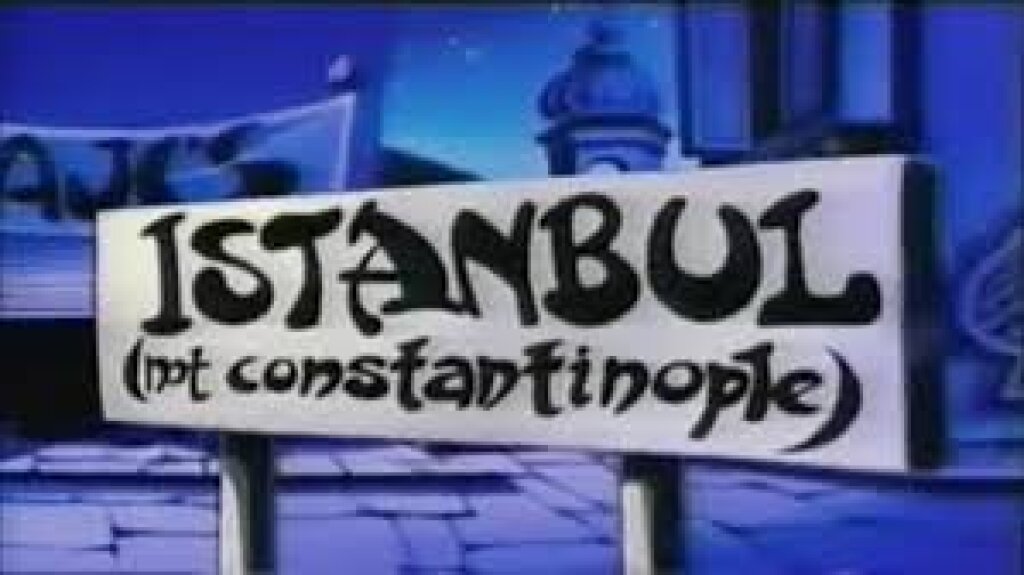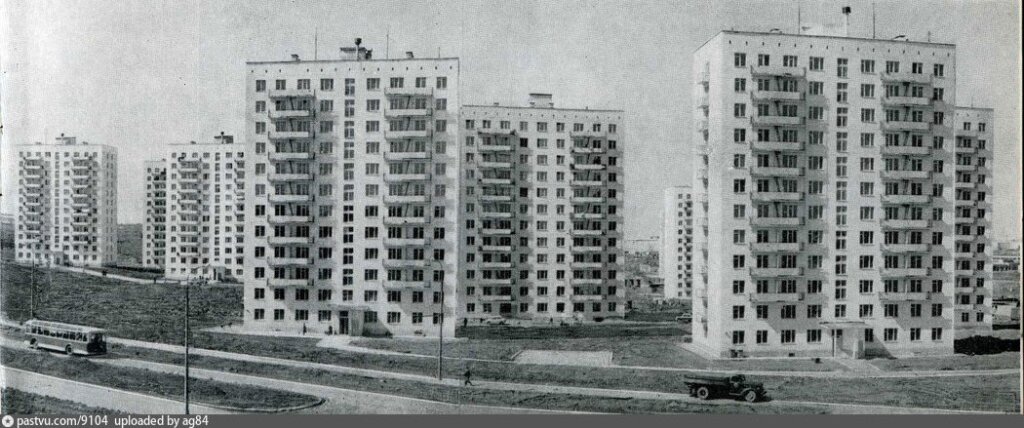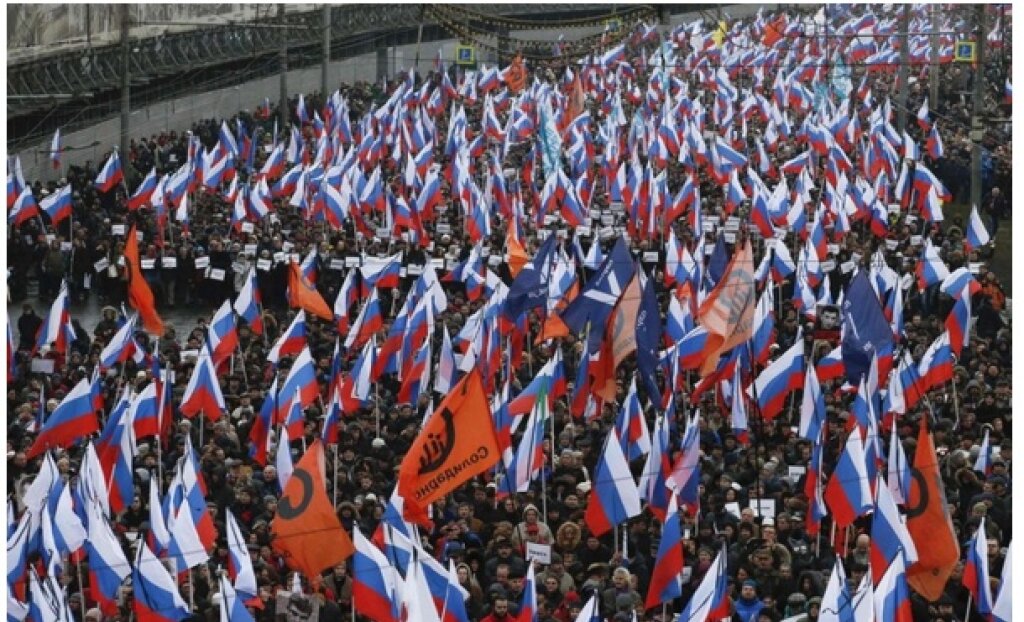This is the ninth installment of The Turkish Gambit portion of “Rereading Akunin” focusing on . For the introduction to the series, and subsequent installments, go here.
CHAPTER 12
In which events take
an unexpected turn
In discussing Akunin’s books, I’ve only occasionally engaged in comparing the events of the novel with life in 1990s Russia. In part because this is one of the most obvious approaches to the Fandorin series, one that would be further encouraged by the Nicholas Fandorin books, all of which are built on parallel plots taking place in Russia’s past and Russia’s present. But this is also because I generally don’t find this approach all that compelling.
But Chapter 12 of The Turkish Gambit, a novel whose entire raison d’être is to imagine conspiratorial, and therefore intriguing, explanations for some of the less likely events and decisions of the Russo-Turkish War, has historical parallels that become clearer when adding a third temporal framework: the hindsight available to readers twenty years after the book’s initial publication.
The Turkish Gambit was first published in 1998, the year before the NATO bombing of Yugoslavia that poisoned the nascent friendly relationship between Russia and the United States (a relationship that has yet to recover). Connecting book to bombing is anachronistic, but only barely: the Wars of Yugoslav Succession had been going on since 1991, and the Russian and American coverage diverged so drastically that one might think the two countries were reporting on two different wars. Come to think of it, twenty years of hindsight is useful here as well: in the Yugoslav war coverage, the diametrically opposed Russian and American news environments to which we have become accustomed in the past decade are present in embionic form.
The point is that, even though the bombings were still in the future, pressure had been building up in both Russia and America to take a more active involvement in the Yugoslav conflict (on opposite sides, naturally). Ultimately, it was the Americans who took military action, but the Yugoslav Wars were the primary arena for the Russian Federation’s foreign policy concerns in Europe. Yugoslavia was framed as a proxy for Russia, a laboratory for experiments to be piloted by America and NATO before their eventual implementation in the post-Soviet space.
What does this have to do with Akunin’s novel about the Russo-Turkish War? Sure, Serbia is name-checked now and then, but the bulk of the action takes place in Bulgaria, which, though South Slavic, was never Yugoslav. This is not a story of a one-to-one match between past and present (those will come later, especially in The State Counsellor). Rather, it's about parallel situations. In The Turkish Gambit, we have already seen that the Russo-Turkish War threatened to become something much broader, pitting Russia against France and Great Britain directly. This chapter brings us one step closer to confirmation that this is, in fact, the notorious plot behind the novel’s plot (see the next chapter for a fuller account). The “unexpected turn” referred to in the subtitle of Chapter 12 is about Russia duding a geopolitical bullet, when military hotheads succumb to the temptation of marching into Constantinople (only to be stopped at the last minute by….Erast Fandorin, of course).
A month has passed since the previous chapter, with very little action for any of the characters, unless you count the continued growth of Varya’s hair. When a truce is announced, it looks as if the conflict is over (or at least, it would look that way to someone not noticing how many pages are left before the novel’s end). Sobolev is courting Varya, Varya resists, but not as resolutely as she would like, and it seems as though the war plot is about to be replaced by a romance.
If it weren’t for a serpent in the garden: the French journalist Charles Paladin. Or, as Fandorin calls him in the chapter’s last line, Anwar-Effendi, the mysterious Azazel agent who has masterminded so much of recent Turkish history. It’s not for nothing that Sobolev is nicknamed “Achilles,’ for Paladin (as we’ll continue to call him for now) knows just how to play on Sobolev’s real Achilles’ heel: his vanity. Sobolev, without realizing that he’s being talked into an incredibly rash series of actions, defies to take an available train into Ottoman territory (the village west of Constantinople where the peace treaty would eventually be signed). Once there, Paladin plants an even more dangerous idea in his head:
“Constantinople!” said Sobolev, his voice trembling with feeling as he gazed out through the window at the glittering lights of the great city. “The eternal, unattainable dream of the Russian tsars. The very roots of our faith and civilization are here. This is the key to the whole of the Mediterranean. So close! Just reach out and grasp it. Are we really going to go away empty-handed again?”
“Impossible, your excellency!” Gridnev exclaimed. “His Majesty will never allow it!”
“Without a single shot being fired! Would they bring me out the keys of Constantinople?”
“Of course they would!” Paladin exclaimed passionately. “And that would be total capitulation!”
“Present the English with a fait accompli!” said the general, sawing the air with his hand. “Before they know what’s happening, the city is already in Russian hands and the Turks have surrendered.”
Of course it’s all a ploy, as the next chapter will make clear. But just 100 years after the Treaty of Stan Stefano and seven years into the Yugoslav Wars, the spectacle of a Russian officer carried away by romantic dreams of Russia’s destiny in the Balkans looks like a cautionary tale.



